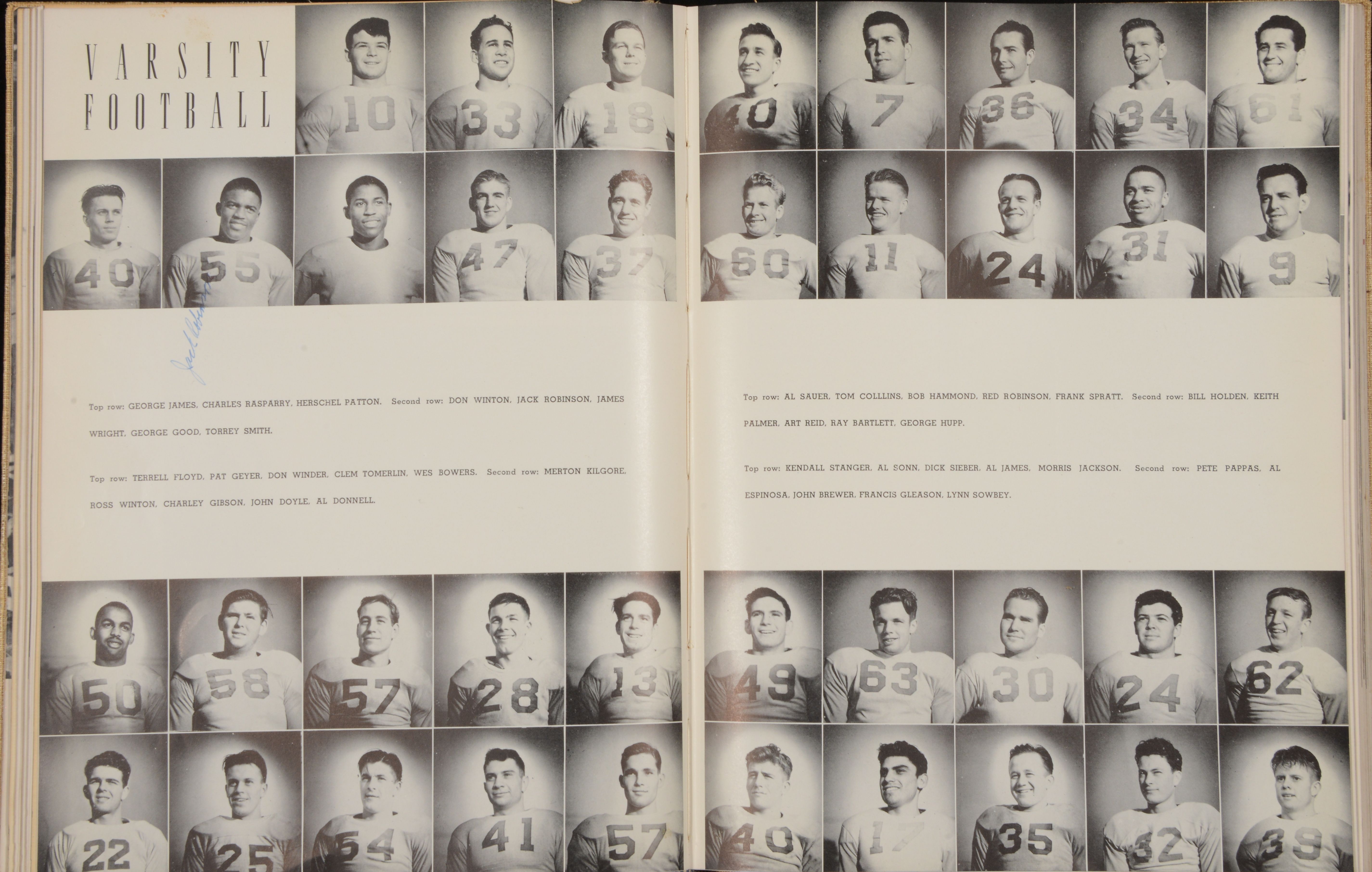The Time of the Yearbook
Can I just write ‘money’ three times?
By Michelle Criqui, James Madison University
I’ll be honest—when I first walked into my university’s yearbook interest meeting as a freshman, I was about ninety percent sure I would never step foot in there again.
I’d spent my entire first week running around like a madwoman, attending all kinds of different interest meetings to figure out where I might find my niche in college, and I wasn’t very sure that something like the yearbook would be right for me.

I had never done yearbook in high school, and I’d always been a bit turned off by the creative constraints that journalism seemed to enforce. But I stayed for this meeting because they had snacks, and finally, hesitantly, decided to take my first story because I discovered that I could actually get paid to do it.
At the time, I had no idea what I was in for. With that first story, and all those that followed it, I was thrown headfirst into the wild world of AP style and all of the (surprisingly) many nuances of yearbook publishing, and somehow, three years later, I’m still sitting in that very same office, writing this from my desk as the yearbook’s executive editor. And I’m making bank.
If you’re like a lot of students at my university, you might not even realize that your school even has a yearbook. I still get those confused looks whenever I tell people I’m one of the editors, which is sad because at my school, our yearbooks are distributed around campus for free at the end of the year. Like, get with the times, kids.
But assuming you’re one of the cool kids who knows what’s good, and you’re interested in writing, design and/or photography, you definitely need to jump on all of the opportunities that working for your college’s yearbook has to offer.
1. Build Up Your Resume and Portfolio
First of all, though it may not seem like it at first, your school’s yearbook is a major university publication that looks great on your resume and allows you the opportunity to add critical pieces to your portfolio, which will help in landing future jobs.
Along the way, you’ll gain critical resume-building skills, such as writing in the journalistic Associated Press (AP) style and using software like Adobe InDesign and Photoshop. You’ll also get firsthand experience working in an actual publication setting, which many employers look for in a resume, even if you’re applying to an entry-level job.
Plus, you’ll get so much better at writing professional emails (trust me, this really comes in handy — especially when contacting professors) and communicating more efficiently with other people. Best of all, you get the opportunity to get your work published — that’s huge!
Companies and employers will definitely take notice of that. Getting your work out there not only allows you to add accredited pieces to your portfolio, but also puts your efforts out into the world for others to see.
2. Know Your Campus and Community Better
When I got started with the yearbook, I didn’t realize just how intimately I would get to know my university campus and the community that surrounded it. I took stories that forced me to go out and talk to random students on the Quad about various opinions they had, or venture out to an unknown professor’s office to ask some questions about their experience working for the university.
It was definitely nerve-wracking at first, but it allowed me to become much more comfortable talking to strangers and develop a deeper respect for my fellow Dukes.
Not only that, but certain stories the yearbook covered took me to places outside of the university bubble that I might have otherwise overlooked. I interviewed local drag queens at their weekly bingo brunch downtown, talked to the operators of a library bus that visits low-income neighborhoods in the area and discovered that there was so much more to my university than just the campus.
3. Get Out and Get Paid
Shamelessly, that promise of a paycheck was the thing that drew me in and convinced me to stay awhile. I didn’t believe it at first, but it’s true: Many universities will actually pay their staff members for their contributions to the yearbook, and while the amount varies depending on your school’s budget and how much you contribute, it’s still extra cash!
Even if your school doesn’t offer payment for whatever reason, you’ll likely still get some form of compensation for your work, which could include tuition or fee waivers!
Plus, if you work your way up to being a member of the editorial board, you’ll make even more, and get the chance to go on trips to journalism conferences in places like New York City and Los Angeles. And who knows, you might even win an award for your efforts!
Basically, what I want to make known is that the yearbook is not something you should judge purely based on what you may remember from high school. It’s a way to sharpen skills for your future career, make long-lasting friendships, maybe bring in some extra dough and open your eyes to all the secrets and nuances and individuality that make up your university, hidden just below the surface.
You have the power to make history, and decide what someone sees and remembers when they pull out the book in 20 years to show their kids. What was life was really like at your school, when you were there? How will you be remembered?
Our years in college are fleeting. But as the filled shelves in my office prove, the yearbook will always stand as a physical time capsule for the generations to come, capturing our time here in photos, words and design, reflecting the ways in which we lived our lives, and all of the change, challenge and triumph of this crazy time.
So even if (for some odd reason) you don’t decide to work for your school’s yearbook, make sure you pick up a copy before you leave. Your college is part of who you are, and you’ll be amazed at how much you treasure it in the future.









